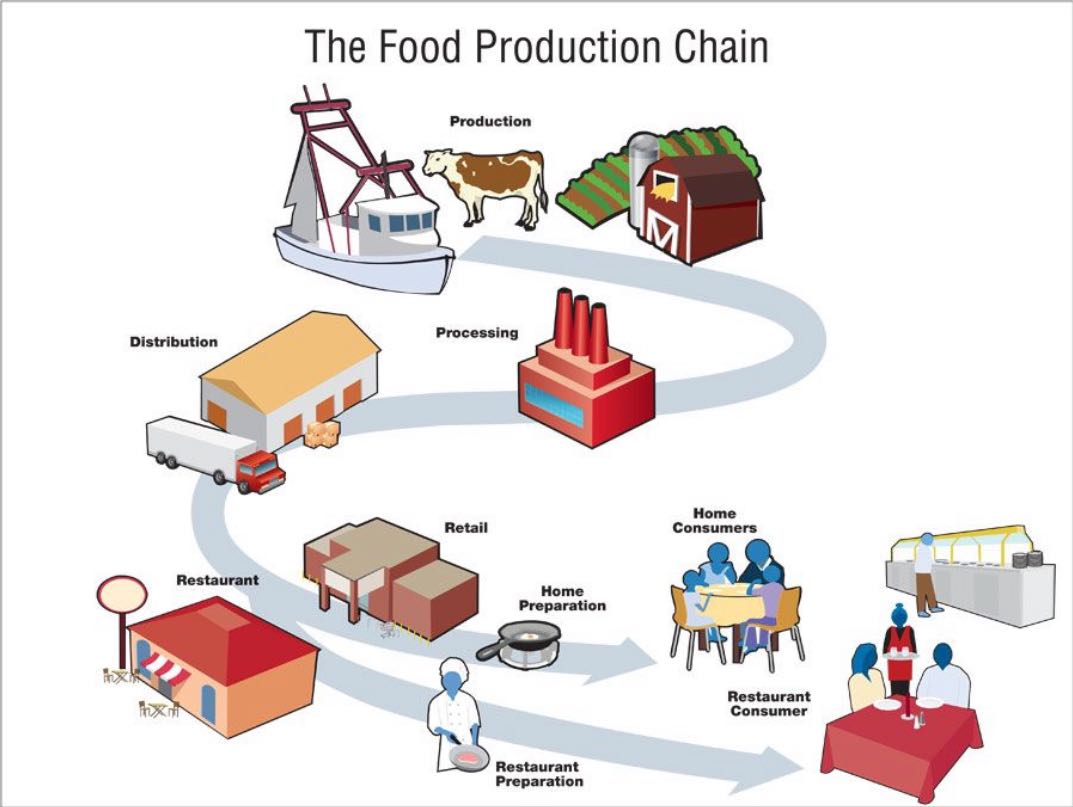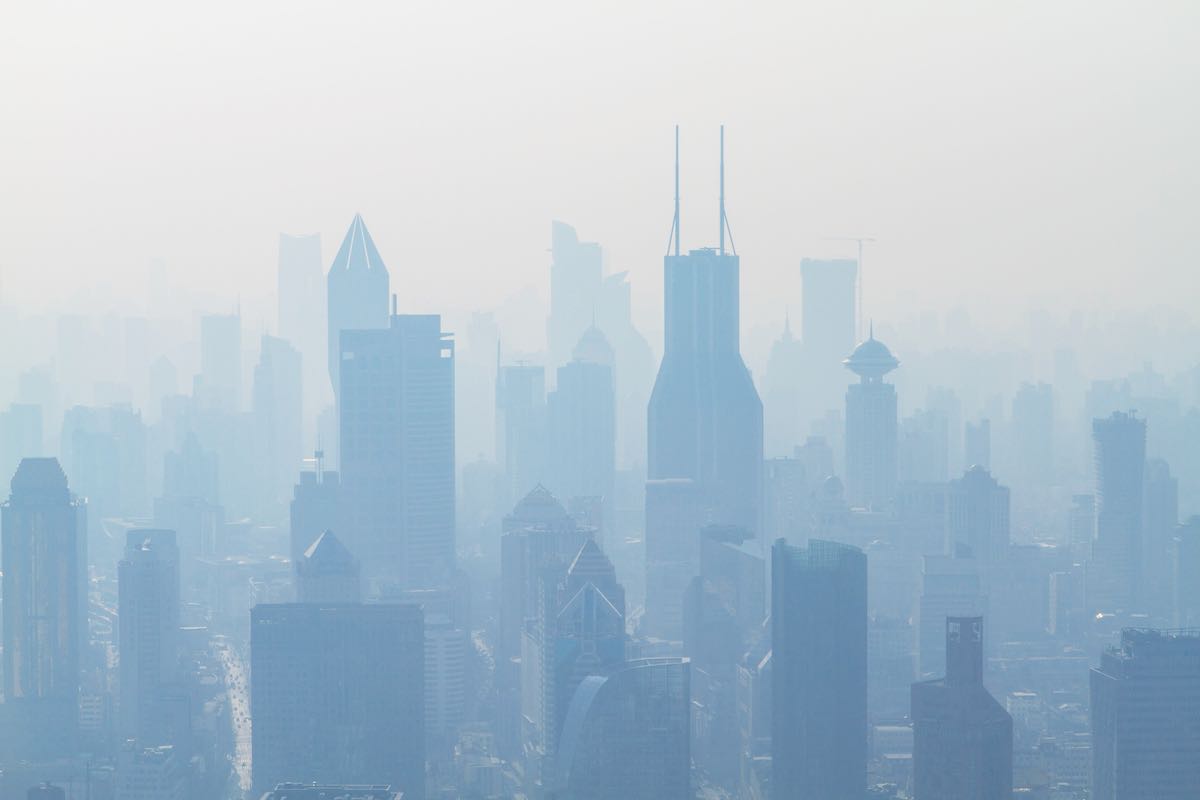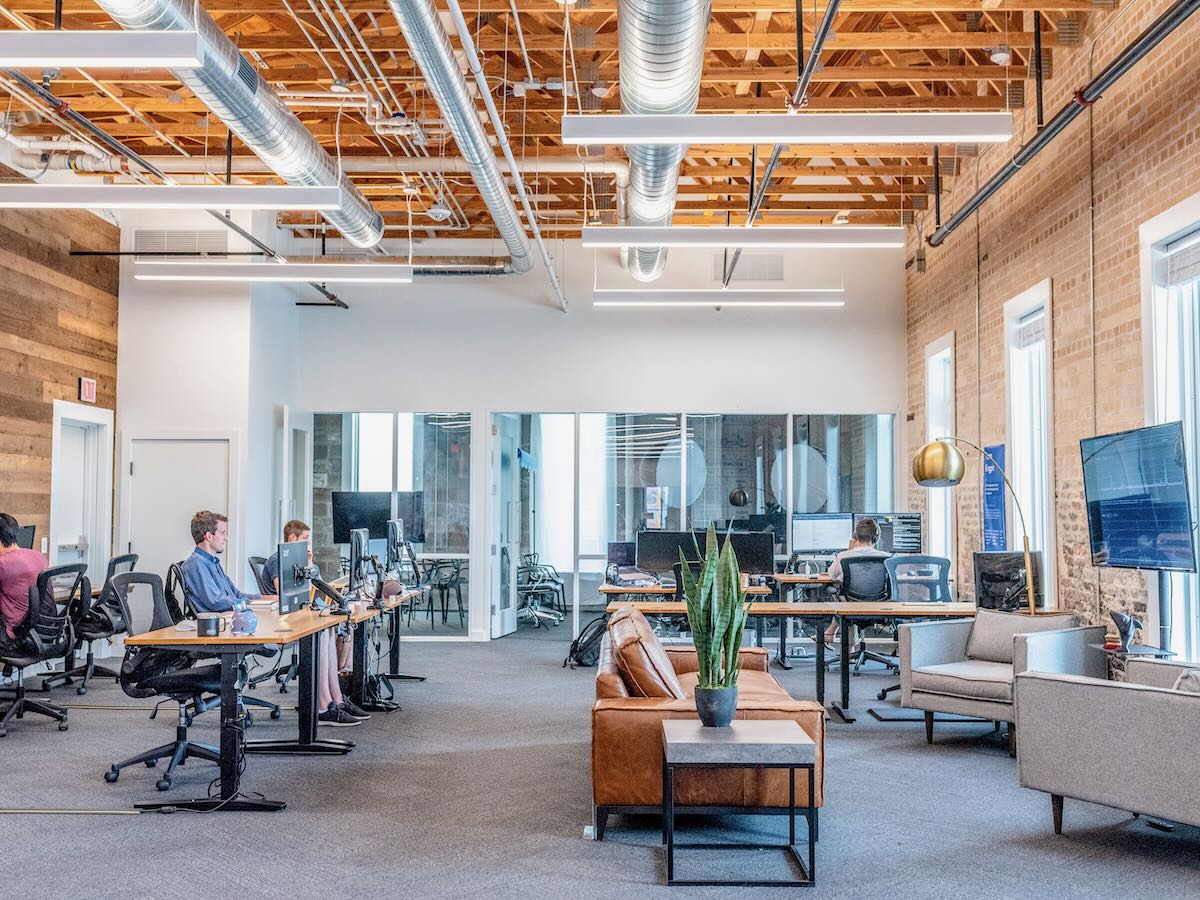The Value of Work, Issue 7

The value of work in society was not a topic that I had suggested in Issue 1 but it is certainly something that is top of mind as the pandemic drags on. Apprehension over possible shortages of food and other essential supplies; the crises in nursing homes; the difficulties of working and caring for children at home without the respite of their socialization with friends, sport, and time at school or day-care; and, an enhanced appreciation for the risks taken by front-line responders and medical staff are just some of the issues that should cause consideration of th is topic.
I find it impossible to go to a grocery store without new regard for the people cleaning, stocking shelves, and working on the cash. These days, I am always impressed by the number of clients in the stores stopping to say thank you to the visible in-store employees for being there for us. The people that we see in our grocery stores are just the tip of the iceberg in the food supply chain.
- Farmers, ranchers, and fisherman are taken for granted and are used as political pawns in trade wars and negotiations.
- Farm workers, whether in Canada or the US, have to be imported from poorer countries as the jobs are too physically demanding and don’t pay enough to make the work attractive to a larger domestic audience.
- In abattoirs and fish plants, people work in close quarters for low wages in environments that are smelly, and wet and where disease spreads like wildfire. Current Covid-19 hotspots include Tyson Foods in Iowa and Cargill in High River, Alberta.
- There are truck drivers and warehousemen working on distribution 24 hours a day.
- Invisible grocery store employees are working nights, unloading trucks, cleaning, and stocking the back of house.
How is it not possible to have a new level of admiration for the thousands of people that have been working at or near minimum wage to keep nursing homes and hospitals running? There are cleaners, kitchen staff, and orderlies working for wages that are so low that many of them would have been better off on the government COVID-19 stipend had it not been decided to increase salaries to keep this essential work force on the job. These are the invisible people that look after our mothers, fathers, aunts, uncles and the ill. They are the people that could end up looking after many of us if we get sick or when we grow very old. Often they are new immigrants or come from minority groups. When they are not at work or there are not enough of them, nurses’ and doctors’ already difficult jobs are further complicated.
Canadians have developed an increased reliance on day care centres to look after their children and for schools to educate them well in a safe environment. This is understandable given the need for two incomes to cover the increased cost of housing and to enable both parents to pursue rewarding careers and professions. However, is there a realization that the person that will look after their toddler will only earn about $30,000 per annum? More senior carers or those with university degrees in early childhood development and education may earn about $40,000. New high school teachers with two university degrees may earn about $50,000.
By way of comparison “The average Junior Analyst salary in Canada is $42,900 per year or $22 per hour. Entry level positions start at $29,299 per year while most experienced workers make up to $72,930 per year.” https://neuvoo.ca/salary/?job=Junior%20Analyst
I once had a superior that would say that junior analysts were useless unless they knew how to use a photocopier. I wouldn’t go that far, but are they making a greater contribution to society than someone who is an integral part of the supply chain that puts food in our mouths or the attendant that washes an elderly person or the day-care worker looking after children?
Peter Drucker spoke about customer capitalism for many years, something he saw as a moral pursuit. Rather than the institutionalized selfishness of shareholder capitalism where the purpose is to make money for the corporation and its shareholders, in customer capitalism corporate value is generated by human beings creating more value for other human beings. https://www.forbes.com/sites/stevedenning/2020/01/10/the-triumph-of-customer-capitalism/#3d65e3be4fb7 This requires a long term view for businesses that does not focus on quarter-by-quarter results and for governments the development of policies to win the next election.
May is only eight days away and at that time the return to “normal” will start taking over the news cycle and there will be less emphasis on the Covid-19 statistics of new cases, deaths, and recoveries. There is no feasible scenario whereby the lights are just switched back on. Any return to work and play will be gradual, even snail-like. Will we start to see a re-calibration of income based on the societal value of work? What price are we willing to pay to ensure that work conditions and salaries are more equitable for the essential and sometimes invisible workforce that have allowed us to have lived in the fragile style to which we have become accustomed?
OPINION / JAMIE WATERS
Silver lining
Last week I interviewed the owner of a fashion brand that, like many companies, has pivoted to make masks and other medical equipment. At the end of the interview, after pausing to choose his words, he made an incisive point. The pandemic is different from the 2008 financial crash in many ways and a key one, he said, is that the emphasis is not on bankers and white-collar professionals but on workers who do things with their hands.

As well as medical professionals, we have become acutely aware of the importance of delivery drivers, warehouse workers and farmers in recent weeks. And of manufacturers: people in factories who make things — often in trying conditions — that keep our demands satiated and our economies moving. We rely on them to get food on our tables, cars on our roads and clothes on our backs — and, at the moment, to provide medical equipment for our hospitals.
Could this be a bright spot to come out of this dark moment? A long-overdue acknowledgement of the role of textile weavers in India, hi-tech phone manufacturers in China, car-parts assemblers in Germany and the makers of clothes in Italy? The pandemic has made us aware of the fragility of supply chains — and the world’s reliance on Chinese production. In its wake, there could well be a reassessment of how we manufacture. Many companies will decide that it is important to produce closer to home, where possible, in order to avoid logistical complications should another outbreak occur. Let’s hope that there will also be a newfound emphasis on the value of factory workers; they should not be in the shadows any longer. The Monocle Minute, Tuesday, April 14, 2020
As we ponder a return to a new normal: Shop local, support local businesses, buy from local farms, and support local artisans and manufacturers. And, as always, wash your hands, practice social distancing, hydrate, and exercise!





